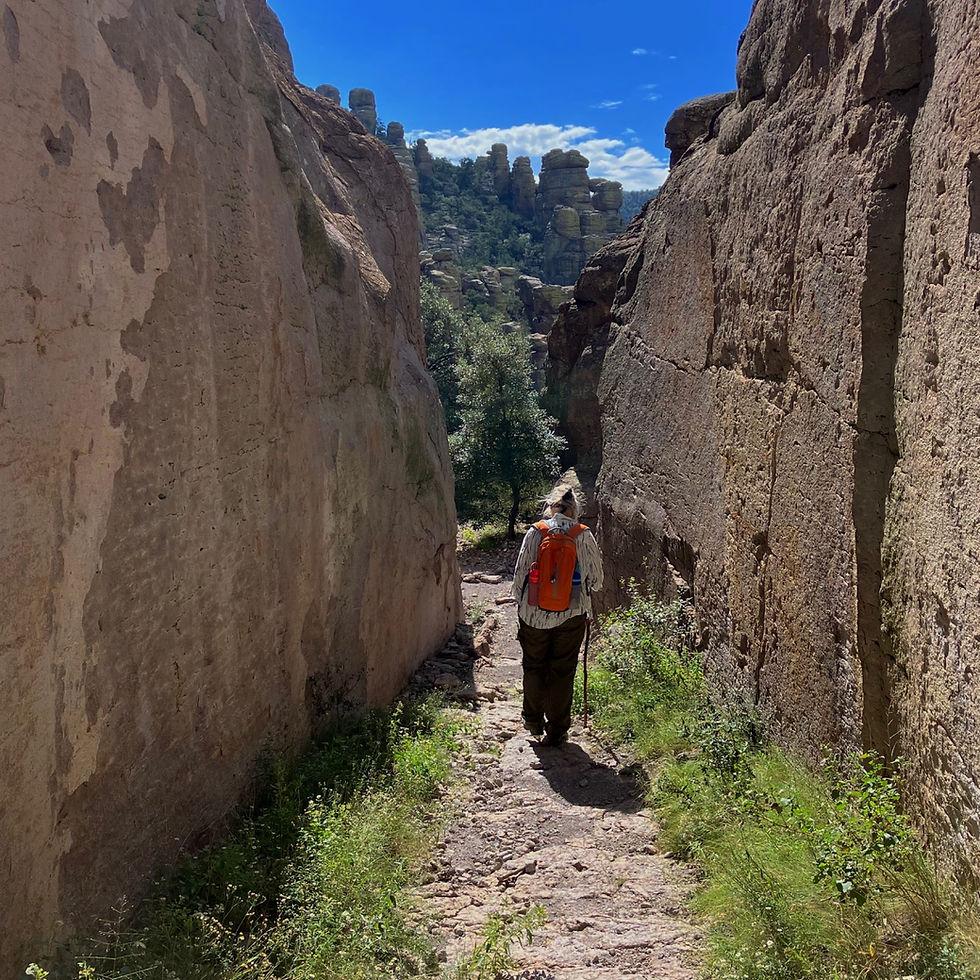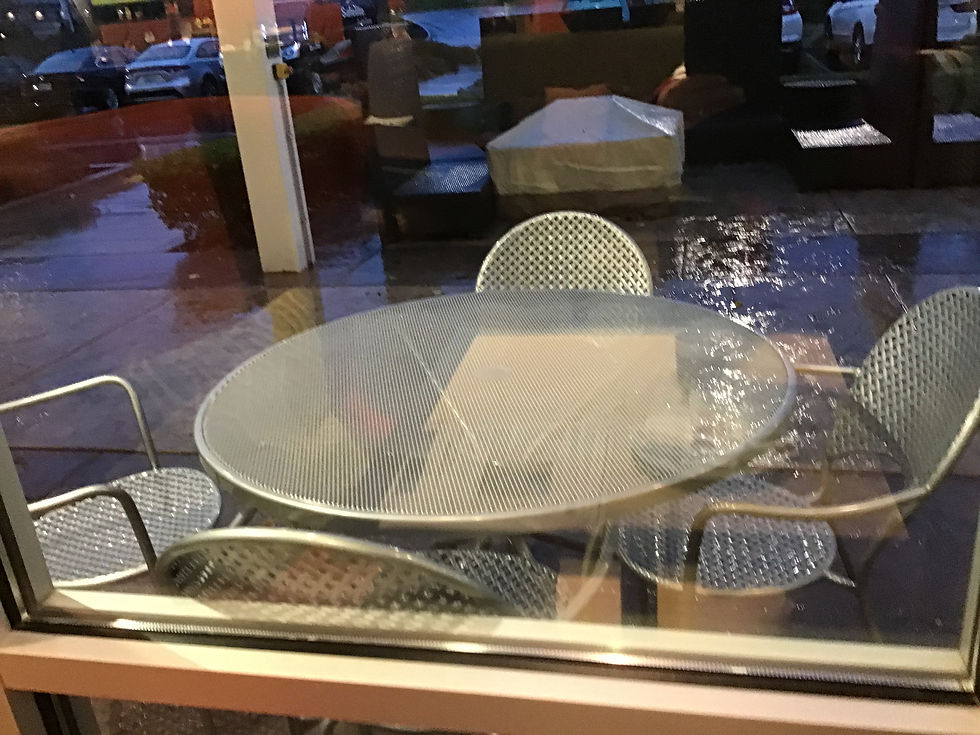- Char Seawell
- Nov 22, 2022
- 2 min read

Pastor Dan, one of our favorite pastors, did a sermon once on a Christian fad running rampant in the American culture in the 80’s. This was expressed in Christian knickknacks and jewelry with WWJD printed on them…What would Jesus do?
Pastor Dan suggested that perhaps the slogan should be WDJD- What DID Jesus do, and that perhaps we could devote ourselves to the study of what He actually did by immersing ourselves in the “most owned, least read book in the world,” even by Christians.
I thought about that this morning on my early dawn walk in the desert. Over the years, I had been reading different translations of the Bible, not wanting it to be the least read book on my own shelf. Turning over the stories that had become like my own, it occurred to me not only what Jesus DID, but HOW He did it.
He walked.
He walked alone and with his friends. He observed nature around him and drew parallels to what it meant to be his followers using the world around him as inspiration. He walked to solitary places to be alone and reorient his daily life and align his priorities.
I can already hear the objections…. I know…it’s different now,
Our times are so much more complex, our modes of transport so varied, and to imitate the physical daily life of Jesus is reserved, we think, for the hermit and mystic in our modern times.
But what if it isn’t?

I know for myself, during the pandemic, in order to nurture what little sanity that was available, I walked more miles in those two years than in the previous ten. The created world grounded me, and the solitude and quiet meditation while walking were essential to my mental and spiritual health.
Walking on a beach at Deception Pass, I found comfort in the certainty of the rhythmic sound of waves meeting sand. Walking a trail alone in the wilderness, I found my spirit becoming attuned to the quiet whispers of a loving God. Even walking the neighborhood, I found a renewed sense of community in the greetings of the other walkers whose faces I had never encountered in the thirty previous years of life in the fast lane.
Walking made the world smaller and larger at the same time.
Maybe now is time for more silence and more walking. Maybe now is time to make room for the praises and prayers that issue forth from the rocks and plants, the bubbling streams and the songs of birds.
And maybe now is time to create some space for a three mph life.
Perhaps then we would value the earth in all its beauty and seek to protect it. Perhaps then we could better hear the heartbeat of the world and respond with lavish grace. And perhaps then we could hear the whisper that promises whether we turn to the left or the right, we will hear a voice behind us saying,
THIS is The Way.
Walk in it.







